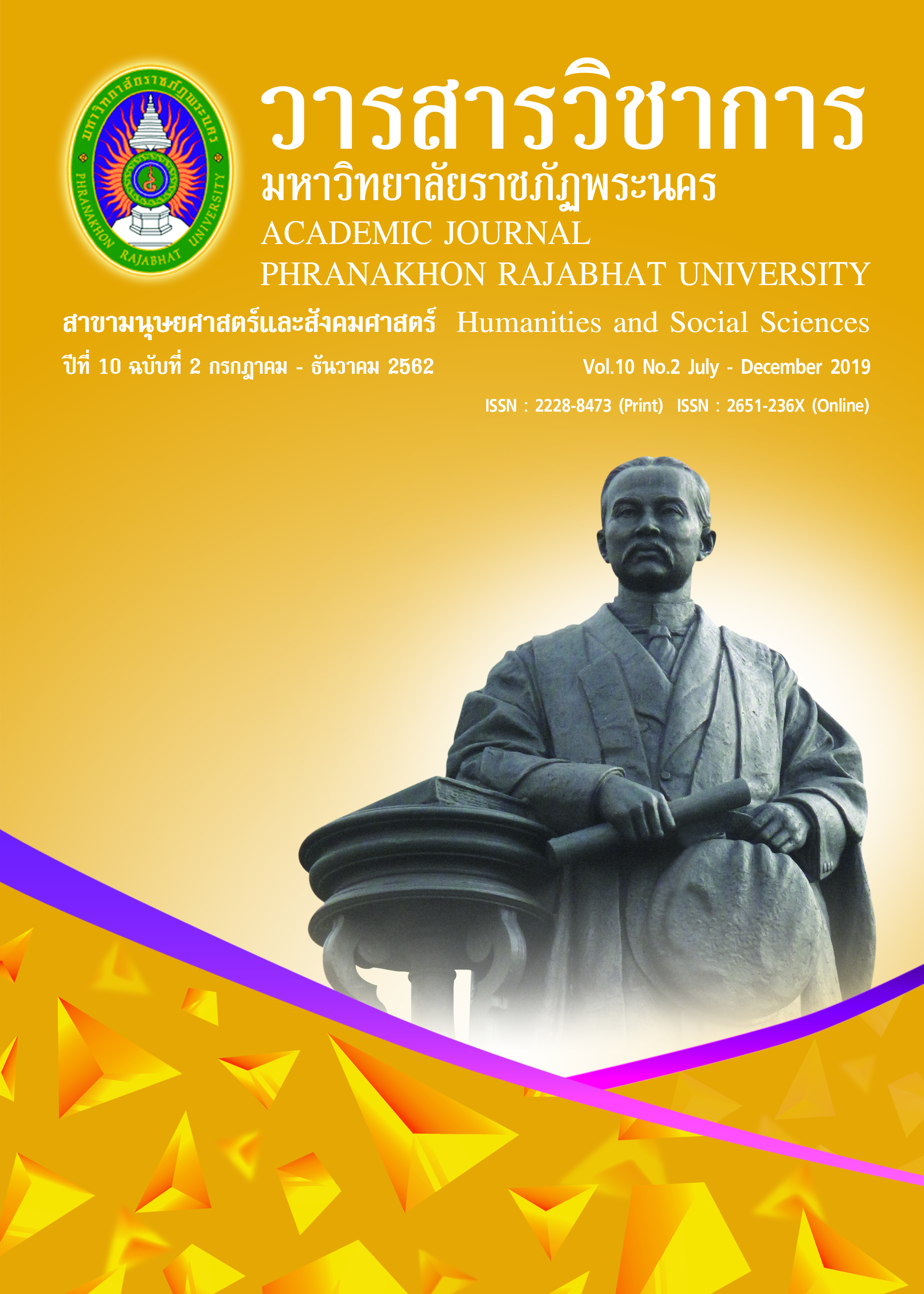A DEVELOPMENT OF ACTIVITIES MODEL TO PROMOTE THE METHEMATICS PROBLEM SOLVING ABILITY BASED ON PISA ASSESSMENT FRAMEWORK FOR MATHAYOM 1 UNDER THE SECONDARY EDUCATIONAL SERVICE AREA OFFICE 2, BANGKOK
Keywords:
Development, Activities Model, Mathematics Problem Solving Ability Based, PISA Assessment FrameworkAbstract
This article is part of the Ph.D. dissertation of the Department of Development Strategy. The researcher would like to present the results of the study of the 2nd objectives of the research only: To study the problems and guidelines for developing mathematics problem-solving skills according to the PISA assessment framework for Mathayomsuksa 1 students of schools under the Secondary Educational Service Area 2, Bangkok. This research used a research and development model based on a mixed research methodology between quantitative research and qualitative research methods and mainly used qualitative
research methods to study. Qualitative research provides valuable information, such as mathematics instructors, school administrators, parents, and 15 students. The research tools were structured interview forms and perform data analysis as content analysis. The results of the research revealed that the problems in solving mathematics skills according to the PISA assessment framework were as follows: 1) The situation of mathematical problems 2) The use of mathematical principles/processes in solving problems 3) Interpret and evaluate mathematical results. In the results of the study of the guidelines for the development of activities model to promote the mathematics problem-solving ability based on PISA assessment framework are as follows: 1) The form of learning management problems 2) The atmosphere in Learning and 3) learning activities
References
Institute for the Promotion of Teaching Science and Technology. (2010). PISA Assessment Results 2009 Reading Mathematics and Science: Executive Summary. Bangkok : Arun Karn Pim Partnership Limited.
Misthitiya Jaichuen. (2010). Classroom research report on the development of problem solving skills on triangles of 5th grade students using the practice model. Bangkok: Assumption College.
National Educational Testing Institute. (2017). Summary of the basic national educational test (O-NET) of Mathayom 3 students in the academic year 2017. Bangkok: National Educational Testing Institute.
Narumon Khonkhao. (2015). Study of the learning environment of Students of Sattha Samut School under the Office of Secondary Educational Service Area 10. Master’s thesis of The field of educational administration Burapa university.
Office of the fundamental Education Commission. (2017). Guidelines for organizing learning skills in the 21st century that focus on professional competencies. n.d : n.p.
Phimphan Dechakup & Phayao Yindeesuk. (2014). Learning management in the 21st century. Bangkok : SE-ED Book Center.
Praphansiri Susaorat. (2010). Development of thinking. Bangkok : 9119 Technical Printing Partnership Limited.
Vijarn Phanich. (2013). Creating learning into the 21st century. Nakhon Pathom: S Charoen Printing Co., Ltd.
Yupin Phiphitkun. (2002). How to teach mathematics. Journal of Mathematics Science Education and technology. 36(116), 15-22.
. (2015). PISA 2015 research summary of reading and mathematics science. Bangkok : Arun Karn Pim Partnership Limited.
Downloads
Published
How to Cite
Issue
Section
License
"บทความวิชาการในวารสารฉบับนี้ ถือเป็นความรับผิดชอบของผู้เขียนเท่านั้น"
สงวนลิขสิทธิ์ตามพระราชบัญญัติลิขสิทธิ์




